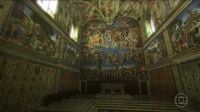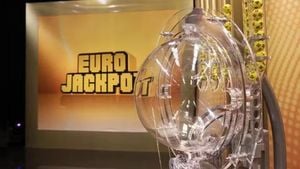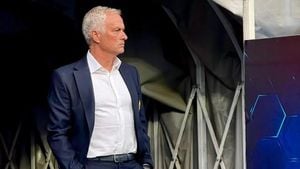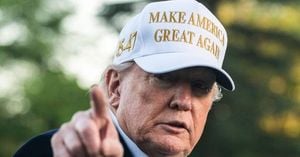The conclave to elect the next Pope of the Catholic Church began on Wednesday, May 7, 2025, at 5 AM Brasilia time in the Vatican. Although the cardinals held their first vote that afternoon, no election took place, as indicated by the black smoke that was emitted from the chimney of the Sistine Chapel around 4 PM. The cardinals will reconvene on Thursday, May 8, to continue the voting process.
For a new Pope to be elected, a two-thirds majority of the votes is required, which translates to 89 votes out of 133 cardinal electors. The conclave is expected to last between two to three days, with the cardinals having conducted their 12th meeting the day before, on Tuesday, May 6. During this meeting, they consolidated the profile of the new leader they hope to elect, emphasizing virtues such as pastoral care, openness to dialogue, and a commitment to church unity.
Among the cardinals participating in the conclave are seven from Brazil, each holding the power to vote and potentially be elected. One notable Brazilian figure is Cardinal Sergio da Rocha, the archbishop of the Archdiocese of São Salvador da Bahia, who has been identified as one of the favorites by the French press. Despite some skepticism regarding the likelihood of a Brazilian Pope, he was named among the top 15 candidates by the French newspaper Libération.
Cardinal da Rocha has been a member of the C9, a council of nine cardinals formed by Pope Francis to advise him on church reforms since 2023. In a recent press conference, he refrained from discussing the conclave directly and instead focused on the legacy of Pope Francis, stating, "At this moment, we don’t have much to say about the conclave; we have what to say about Pope Francis. The conclave is in God’s hands. Certainly, the Holy Spirit will guide the voting cardinals to help us make the decision that God wants for the church."
The conclave is rich with history, particularly recalling the events of 1978 when Cardinal Aloísio Lorscheider of Fortaleza was the first to achieve two-thirds of the votes but ultimately declined the position due to health issues. This led to the election of Pope John Paul II, who served for 26 years until his death in 2005. Lorscheider passed away on December 23, 2007, at the age of 83 from multiple organ failure.
The current conclave features a diverse array of candidates, with Pietro Parolin, the Vatican Secretary of State from 2013 to 2025, leading the odds at 70 years old. Other prominent names in the running include:
- Jean-Marc Aveline, 66, born in Algeria, considered a favorite of Pope Francis for his dedication to migration issues and inter-religious dialogue.
- Pierbattista Pizzaballa, 60, an Italian who is known for his traditional views while remaining open to modernity.
- Matteo Zuppi, 69, who is favored by the left-leaning faction of the Church and is known for his outreach to the marginalized.
- Luis Tagle, 67, from the Philippines, often referred to as the "Asian Francis" for his liberal ecclesiastical views.
- Fridolin Ambongo, 65, from the Democratic Republic of Congo, focused on social justice and political issues.
- Péter Erdő, 72, a conservative who strongly opposes communism.
- Charles Bo, 76, from Myanmar, supportive of Pope Francis's emphasis on mercy and environmental issues.
- Robert Sarah, 79, from Guinea, known for his orthodox views and strong stance against abortion and homosexuality.
- Malcolm Ranjith, 77, from Sri Lanka, a conservative figure with a strong pastoral vision.
- Willem Eijk, 71, from the Netherlands, an orthodox pro-life advocate with a background in medicine and theology.
- Anders Arborelius, 75, from Switzerland, who defends traditional Church teachings against modern changes.
As the cardinals prepare for the next voting session, the anticipation grows around who will lead the Catholic Church in a time marked by significant challenges and opportunities. The outcome of this conclave will not only shape the future of the Church but also impact millions of followers worldwide.





